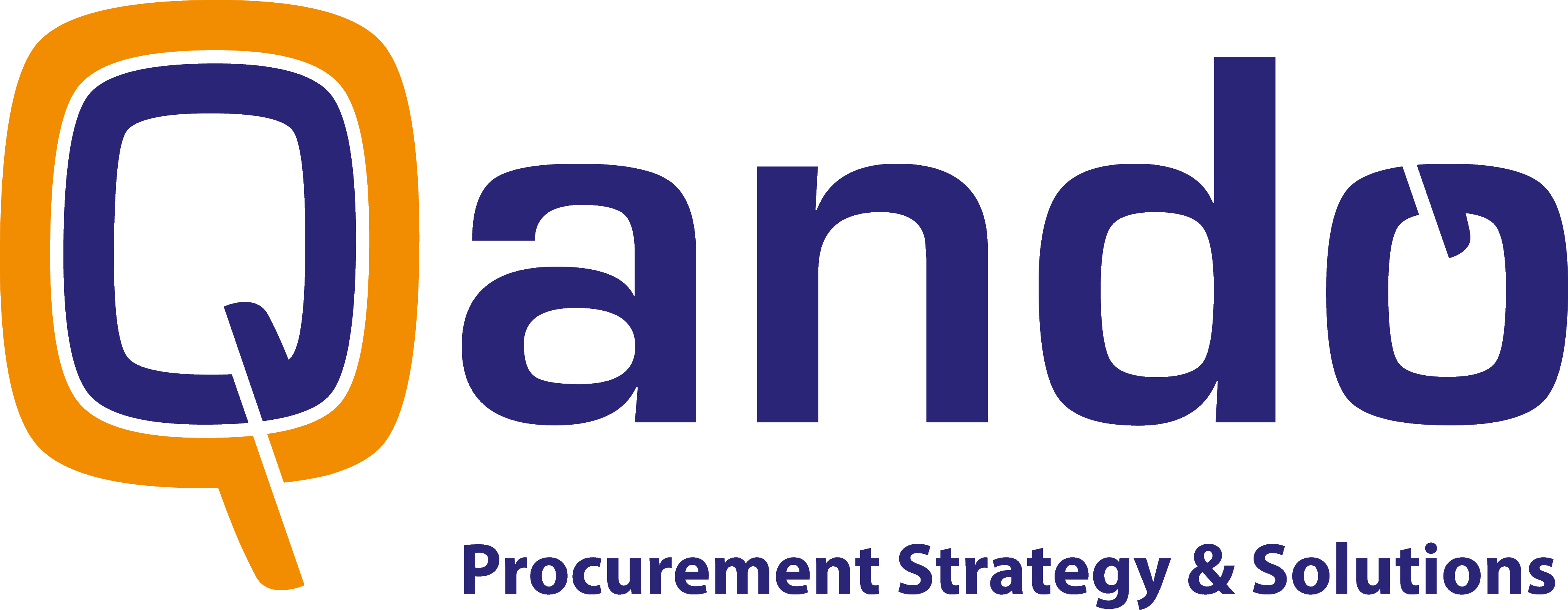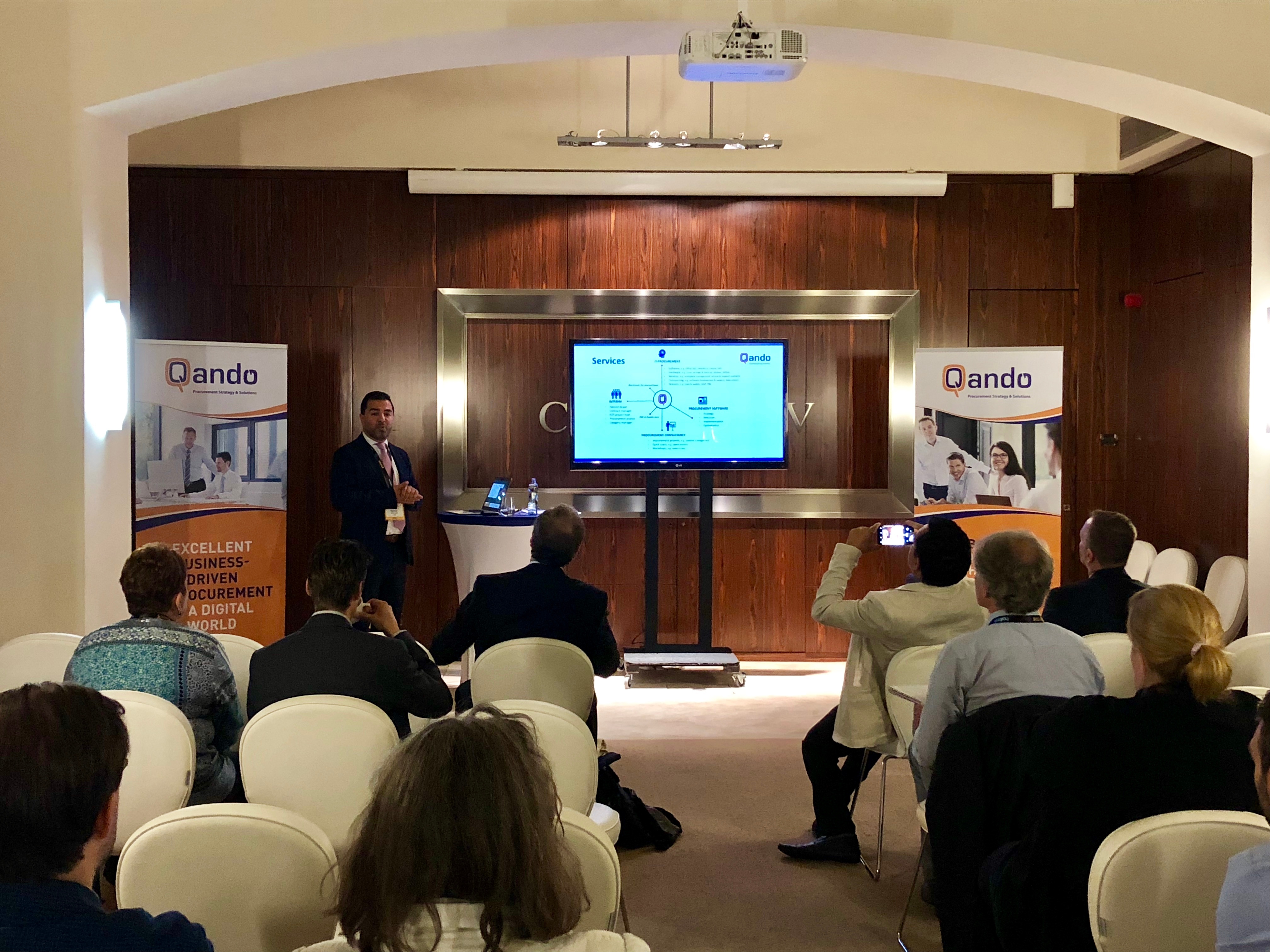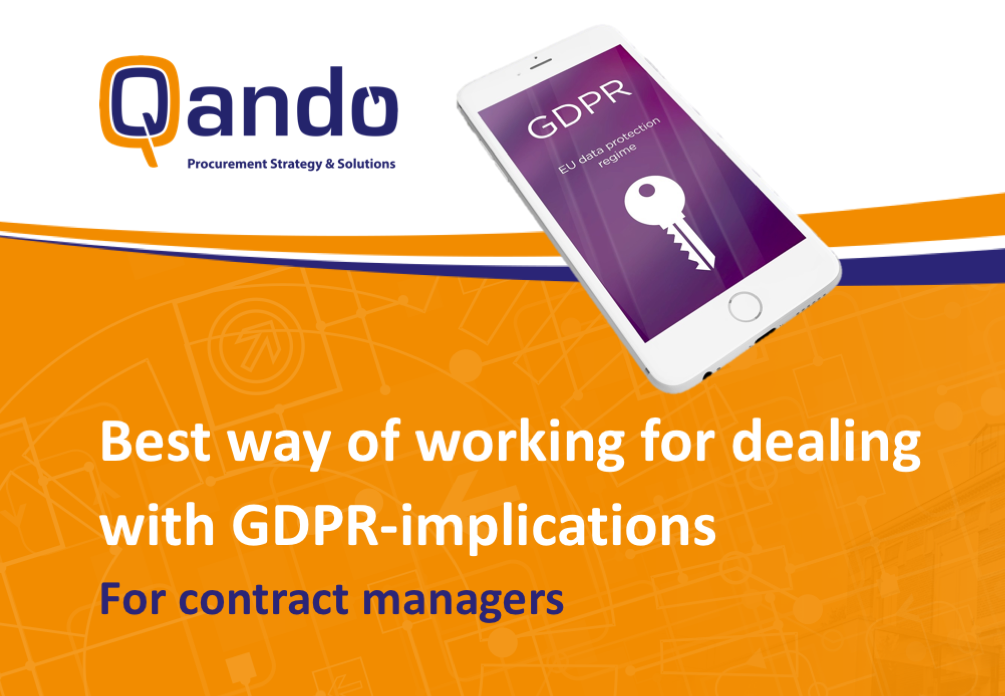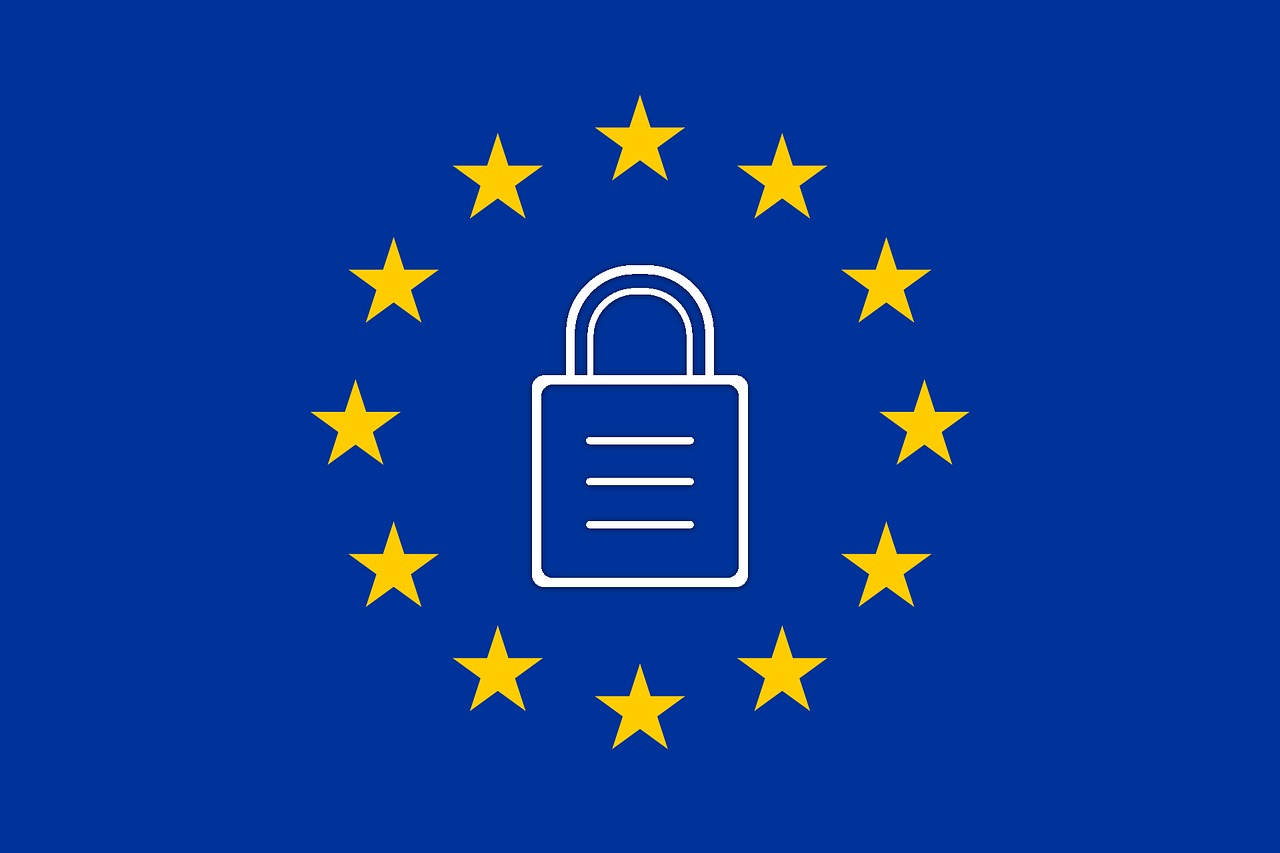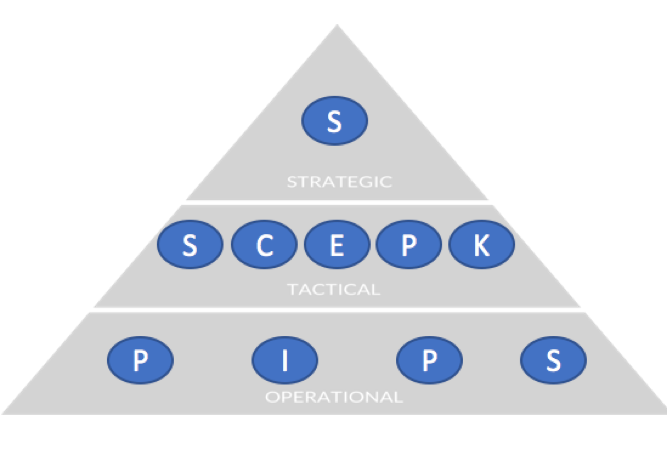On March 28th we had dinner with 20 purchasing managers in the majestic Maurick Castle in Vught. The authentic building dates from ± 1400 and was not supplied with electricity until 1914, something that is fundamental in our society of mobile devices and the Internet of Things after more than 100 years. Would the same apply to Artificial Intelligence (AI) in 100 years?
The impact of Artificial Intelligence on procurement
By Lucel Mulder on 30-Apr-2019 10:44:06
Qando develops Strategic Category Management approach: Category management 2.0
By Jos Doensen on 08-Apr-2019 10:29:37
Klik hier voor de Nederlandse versie
Strategic Category Management as a tool or methodology was introduced years ago in Retail and B2C-markets, as a mean to generate more efficiency for a product or in a product group. In Category Management in Retail- and B2C markets, the specialisms purchasing, sales, marketing, store formulas and logistics work together to create ‘winners’ on the store shelves.
The term ‘Category manager’ instead of ‘Purchaser’ for a product or product group is also emerging in the B2B-markets, with the aim to indicate that a purchaser specializes in a product or product group to contribute to the full extend to company- and procurement goals. The difference with the B2C-markt, however, is that the B2B-category manager will interfere less / not with marketing and sales, because this person usually does not purchase finished products.
Project purchasing and transaction costs
By Mark van Lieverloo on 12-Feb-2019 13:47:53
When defining a project, the choice will be made to steer at low costs or at shortest lead time, while the scope variables and the level of quality remain the same. In the current economic state, time to market is often seen as the most important driver and thus a project will be time-driven. As a result, a project will not be executed at the lowest costs.
Costs and lead time cannot be seen separately: a longer lead time affects costs negatively through ongoing team costs, construction site costs etc. A shorter lead time ensures that less time will be invested in the design and less time will be spent in the purchasing process to investigate suppliers and negotiate prices and conditions. As a result, specifications will be less detailed and thus costs and risks will increase in the project.
In this article, we will argue from the theory of Williamson that also in a time-driven project sufficient time must be taken to define a good scope and sufficient time must be taken to agree right prices and conditions with suppliers, so that the goals of the project can be achieved.
Best practices for a P2P-implementation
By Lisa Somers on 19-Dec-2018 19:58:57
In the process of a Purchase-to-Pay-implementation (P2P), there are quite some opportunities for optimisation. This blog provides you with six best practices for a better implementation of P2P-software; these best practices are gathered by our consultants during implementations of new P2P-software.
This is how procurement will change in the next 5 years
By Lucel Mulder on 19-Sep-2018 11:22:54
New technologies like Artificial Intelligence and Blockchain are expected to have a major impact on the procurement function in the near future. At the same time, we still have to deal with lingering problems in our purchasing department, such as a shortage of time and resources and the lack of standardisation in processes. What does this mean for the future of the procurement profession? What will the next 5 years look like?
This blog answers these questions and uses information from the Zycus Pulse of Procurement research 2018. More than 400 procurement professionals worldwide took part in this survey.
Insights for supplier onboarding in a P2P-implementation
By Lisa Somers on 15-Aug-2018 14:08:45
Impression of Zycus Horizon Europe 2018
By Lucel Mulder on 14-Jun-2018 12:08:51
The team of Qando had a great and inspiring time in Prague. The city's history is impressive and we visited a number of special locations, including the Klementinum and Villa Richter.
Being the Gold sponsor of the first Zycus-event in Europe, Qando had the privilege of contributing actively to the success of this 3 day-congress. In particular, we hosted our own break-out session which was very well received: Don’t Just buy and implement Procurement Software. Get it Adopted!
As a contract manager, what is the best way of working for dealing with GDPR-implications?
By Maarten Scholts on 13-Mar-2018 12:35:17
As my colleague Jos already described in his blog, the new GDPR-regulation is of great importance for all organisations across the board. Especially for contract managers in the field of IT and their colleagues within that sector, the affirmation of this regulation has many implications on their daily jobs in making sure the organization adheres to it. This blog aims to give a more in-depth view of the implications specifically for the contractmanager and procument personnel.
The impact of the General Data Protection Regulation (GDPR) for your contracts
By Jos Doensen on 29-Nov-2017 11:29:00
On 25 May 2018, the current law ‘Wet bescherming persoonsgegevens’ (Wbp) will cease to exist and will be succeeded by the ‘Algemene Verordening Gegevensbescherming’ (AVG), also known as the ‘General Data Protection Regulation’ (GDPR).
Some topics regarding protection of personal data will change as will the consequences of law infringement. This blog describes in short the legislation, the consequences of breaking the law and also provides some touchpoints to mitigate risks in contracts.
Supplier Relationship Management in daily practice
By Lisa Somers on 31-Oct-2017 11:33:00
IT-vendors often have a strong dominant position in their relationship with organisations and switching between IT-service providers involves high switching costs such as changing interfaces, reorganising processes, training people, and accelerated depreciation. In addition to direct costs, there is a risk of switching between service providers since a loss of production, sales and data may occur in case of failure. Therefore, these service providers can be seen as strategic providers which can have a high impact on the risks and costs of organisations (Kraljic, 1983). Kraljic indicates that a partnership may be the most appropriate strategy to mitigate these risks.
